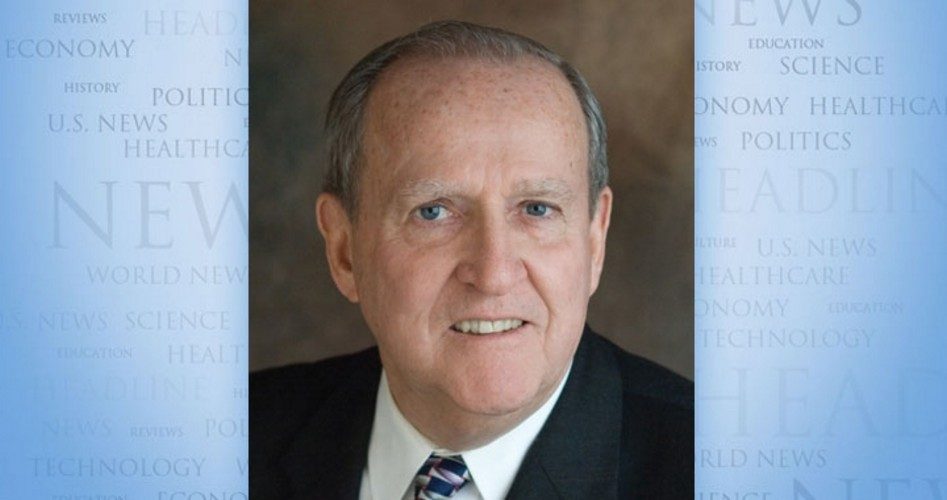
Professor William Baude teaches law at the University of Chicago. In his recent op-ed column published by the New York Times, he wrote: “With same-sex marriage on the books, we can now ask whether polyamorous relationships should be next. There is a very good argument that they should.” Relationships that are polyamorous (a word that doesn’t even appear in my huge 1987 Random House Dictionary), obviously refers to more than two persons cohabitating. The word could obviously mean several males, or several females, or any number of each.
The “good argument” for such relationships claimed by Professor Baude stems, of course, from the recent Supreme Court ruling in Obergefell v. Hodges. According to that revolutionary departure from several millennia of tradition and legality, two males can marry, two females can marry, and the legal door has been shut to those who believe that the noble institution can be a union of only one man and one woman. Baude does admit that it might be difficult “to modify some of our marital laws … to handle larger numbers of spouses.” He wanders far enough from the traditional view of marriage to suggest that plural marriages might be “very good for children.”
Advocates of multiple partners in marriage should be hopeful, claims the professor, because objections to such relationships as those “sometimes come to seem trivial decades later.” And the rest of us should accept these newly crafted trends in a spirit of “humility.”
While Professor Baude seems very comfortable with these possible developments, he throws a bone to those of us (this writer included) who worry what else all of these changes can bring. He closed his article with, “… once we abandon the rigid constraints of history, we cannot be sure that we know where the future will take us.”
True enough, the “rigid constraints of history” shouldn’t be ignored. But there are other restraints even more rigid, such as those issued by the Maker of all of us. Let it be said loudly and clearly that God will not be mocked. Those who are busily redefining marriage may be allowed to have their day, but they too, will eventually stand before Him who sanctified marriage as the union of one man and one woman. And He can be counted on to never alter His view.
John F. McManus is president of The John Birch Society and publisher of The New American. This column appeared originally at the insideJBS blog and is reprinted here with permission.


